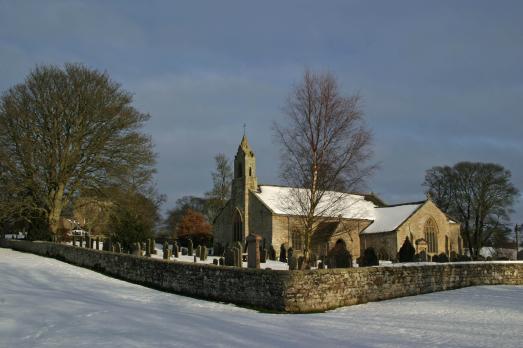
St Cuthbert
Elsdon, Northumberland | NE19 1AA
A 14th century church with Roman tombstone, medieval grave covers, exquisite windows, historic churchyard, 18th century carved headstones and two medieval stone coffins.
Search for a fascinating place to visit, or see the variety of churches, chapels and meeting houses we have supported.

Elsdon, Northumberland | NE19 1AA
A 14th century church with Roman tombstone, medieval grave covers, exquisite windows, historic churchyard, 18th century carved headstones and two medieval stone coffins.
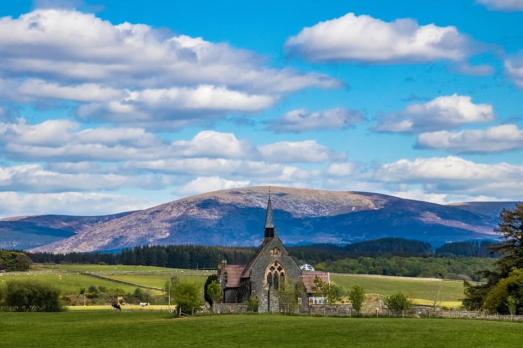
Challoch, Dumfries & Galloway | DG8 6RB
A fine example of a small rural Victorian church within a thriving community.
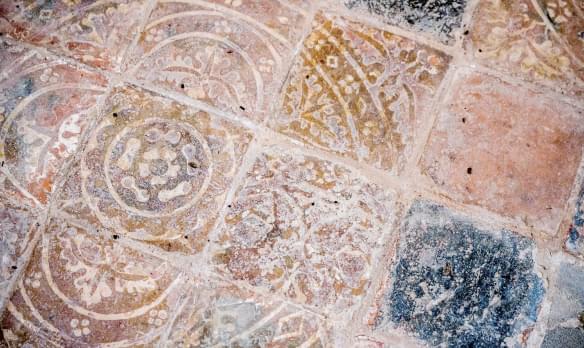
Comber, County Down | BT23 5DU
The church in the town square, built in 1840 on the site of a 12th century abbey, is open every day for prayer and reflection.
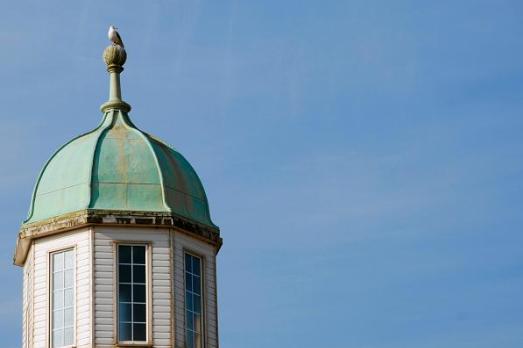
Donaghadee, County Down | BT21 0DA
Dating from 1849, the building was extended and reconfigured in 1909 to a design by St John Phillips.
We have supported this church
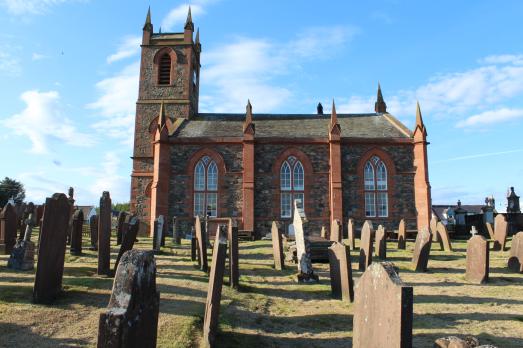
Dunscore, Dumfries & Galloway | DG2 0SZ
Set in stunning Nithsdale countryside, Dunscore Church contains a new heritage centre telling the story of 800 years of Christianity in the parish and the life of Jane Haining, who wended her life in the Auschwitz extermination camp.

New Galloway, Dumfries & Galloway | DG7 3RP
Small Arts & Crafts style church with charming wooden lychgate fronting the road.
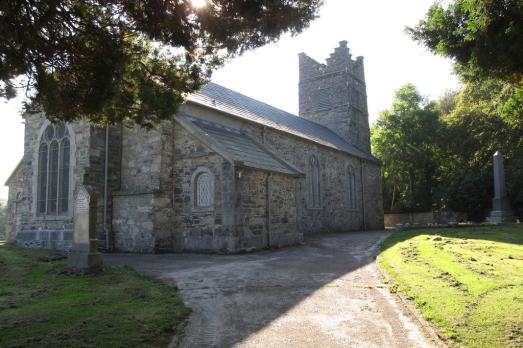
Creggan, Crossmaglen, County Armagh | BT35 9DP
Creggan Parish Church, Church of Ireland, County Armagh received £6,500 of funding from the National Churches Trust as part of the Treasure Ireland project funded by the National Lottery Heritage Fund, the Pilgrim Trust and the Department for Communities.
We have supported this church
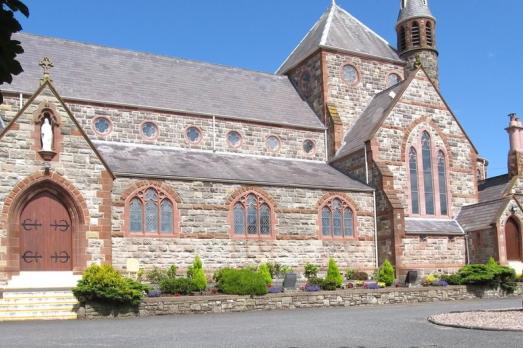
Newtownards, County Down | BT23 4JD
St Patrick’s is situated at the gateway to the Ards Peninsula in Newtownards and built in 1877 by Lady Londonderry.
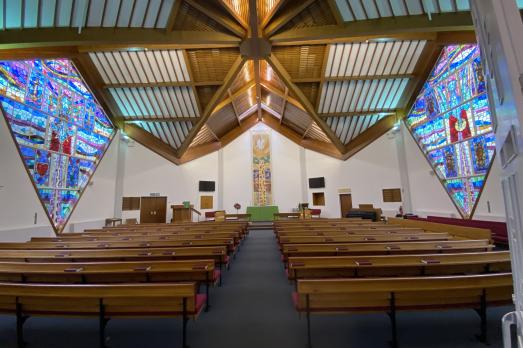
Carryduff, County Down | BT8 8BU
Unique, this modern hexagonal church with its innovative roof structure and stunning, kite shaped stained glass windows is well worth a visit.

Magherally, County Down | BT32 4EP
A beautiful historic church, set on top of an early medieval ringed fort, with its distinctive round tower, the church was built by the people of the parish in 1885-7.
We have supported this church

Dromore, County Down | BT25 1AA
The church was built, destroyed and rebuilt in the 16th and 17th centuries and was seat to renowned bishops Thomas Percy and Jeremy Taylor in their time.
We have supported this church

Hadston, Northumberland | NE61 5AG
Small Victorian village church.